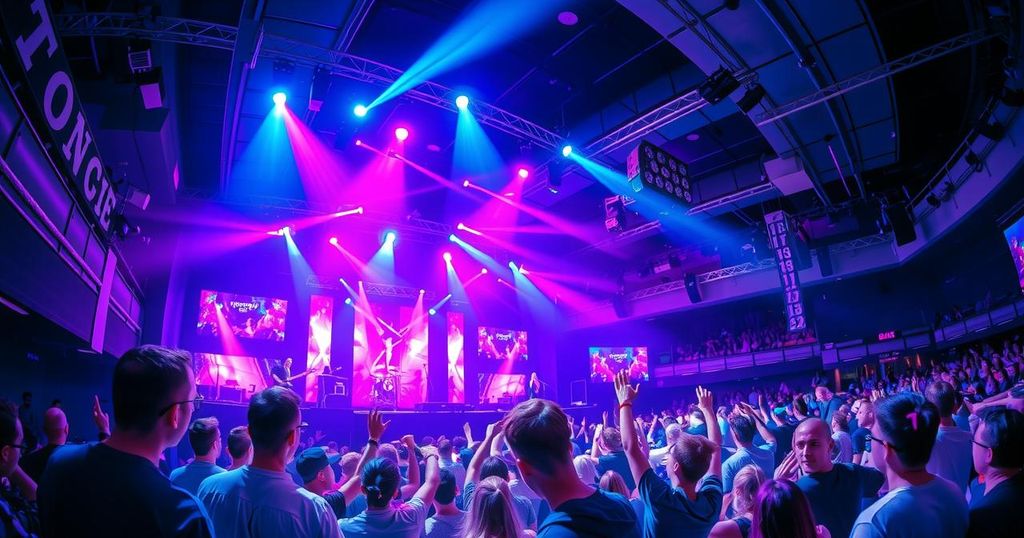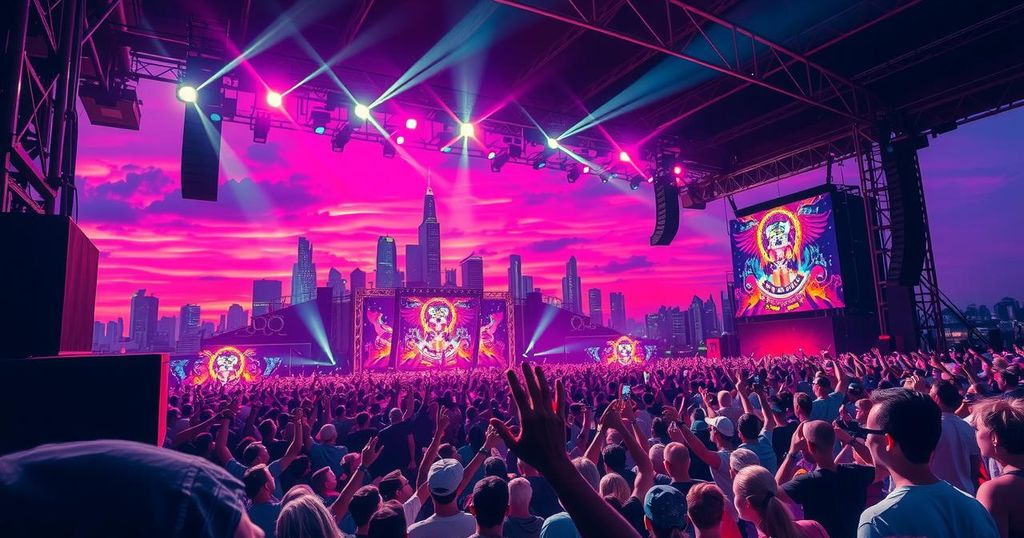Max Verstappen supports the idea of reintroducing V10 engines to F1 but insists negotiations should remain private. FIA President Mohammed Ben Sulayem also advocates for this change, promoting a sustainable direction for F1. As regulations shift to hybrid engines in 2026, interest from new manufacturers like Audi and Cadillac points to an evolving F1 landscape.
Max Verstappen has expressed his support for the potential return of V10 engines to Formula 1, agreeing with FIA President Mohammed Ben Sulayem’s comments. However, Verstappen believes negotiations around this topic should remain confidential rather than be discussed publicly. The V10 engine configuration last featured in F1 in 2005, and while its return could excite fans, Verstappen emphasises the importance of behind-the-scenes discussions for progress.
FIA President Ben Sulayem publicly suggested the idea while reflecting on the positive discussions that arose following the F175 season launch event. He proposed that the engine transition could lead to V10s running on sustainable fuel, adding that future developments in F1 should maintain cost control amidst technological advancements. This comes as the regulations are set to change in 2026, where cars will feature V6 hybrid engines powered by synthetic fuel.
The move has drawn significant interest, with new manufacturers like Audi joining F1 in 2026, while Cadillac plans to develop its own engine by 2028. Red Bull Racing is also entering a new technical partnership with Ford next year, highlighting the evolving landscape of F1. When asked about potential restrictions on swearing during races, Verstappen acknowledged it, calling it “silly” but remarking on his past habits in karting.
In summary, Verstappen supports the idea of returning to V10 engines under the condition of private negotiations. As F1 gears up for new regulations in 2026 with hybrid technology, the conversation around sustainable energy solutions continues to grow. The involvement of new teams may further enhance competition in the championship, signalling an exciting future ahead for Formula 1.
In conclusion, Max Verstappen’s endorsement of V10 engines returning to F1 underscores the desire for fan-focused changes, but he stresses the need for private negotiations. The shift towards future engine regulations in 2026, alongside the introduction of new manufacturers, indicates a transformative period for the sport, with sustainability becoming a focus. Discussions around engine sound and cost control remain integral as F1 navigates technological advancements.
Original Source: www.autosport.com







